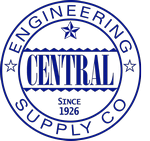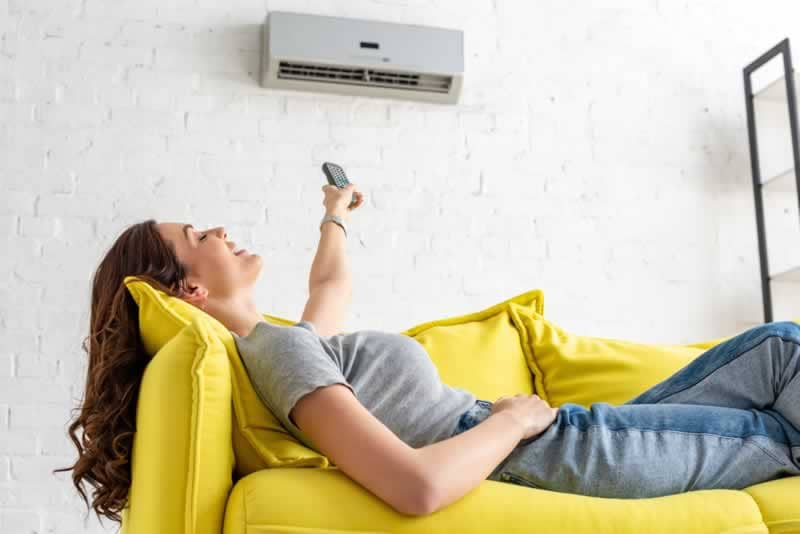When it comes to clean and cool indoor air, nothing beats the power of fully functional heating, ventilation, and air conditioning systems (HVAC). And they’re extremely useful in maintaining the comfort levels of your home and office, especially when the summer starts to set the sun ablaze. That’s why you need to ensure that they’re performing optimally. While slight problems in your HVAC system may cause inconvenience, the situation may result in turmoil if your unit continues to seize up. You’ve got to watch this out, especially during extreme climate conditions that cause the temperature to skyrocket or plummet.
If you’re having problems with your HVAC units, the first thing you’d need to do is call a professional AC company to check and repair your equipment. You don’t want to wait for your HVAC system to autotune and heal itself because that won’t happen. Only one thing’s for sure: it’ll surely crumble into pieces if you continue to delay its repair. So, how would you know if your HVAC units need to get checked by a professional? To answer that question, here are the signs and situations you might need to watch out for:
1. Soaring Energy Bills
If you want to determine if your HVAC needs a repair, check your energy bills and consumption. Then, compare your current bill to previous ones. Have your charges increased drastically despite the same energy usage for the past couple of months? If so, your unit might be overworking to function effectively. Another reason for the sudden spike in the electrical charges is the age of your HVAC system. If it’s too old, probably a decade or a bit less, it might not have the technology that would allow it to save energy efficiently. In that case, look for the Energy Star-approved unit to save more on your bills and the environment. If all homes worldwide would use energy-efficient and environment-friendly air conditioning systems, the world would be able to prevent millions of tons of greenhouse gases every year. These are gases that mainly contribute to global warming and climate change.
2. Units That Require (Tons Of) Repairs
Are you planning to have your HVAC fixed, even if you just repaired it a couple of weeks ago? Can you remember how often you have asked a professional to check up on your unit in the past years? If you can’t remember, maybe that’s why your equipment is consistently having problems. Routine checkups are essential to keep your unit fully functioning, have fewer maintenance repairs, and prolong its lifespan. Without regular monitoring, minor issues could transform into major ones. Also, if your equipment needs tons of repairs, don’t waste your time fixing it on your own. You might only make the situation worse. Instead, call a professional and let them repair it properly. You can be sure that they’ll not make the situation much worse than you might do.
3. AC Can’t Produce Cool Air Anymore
Summer is the season that makes everyone’s home feel like hell. At this time of the year, many homeowners rely on their AC units to keep their homes cool and comfortable despite the blazing heat from the sun. However, some systems may start to malfunction.
If your unit can’t produce and maintain cool air, your system will start to overwork, which may result in higher energy consumption and bills. Here are the possible problems with your HVAC unit:
Having routine checkups may help you prevent these issues from occurring. By doing so, you’ll be able to maintain the good condition of your AC unit.
You might also experience poor airflow. Here are the possible reasons for that:
If you suspect that the following issues are lingering in your AC unit, don’t hesitate to pick up your phone and call a professional for help now.
4. HVAC Releases Smelly Air
If your home continuously smells bad, your HVAC unit might have a problem. The first thing you need to do is call for professional repair services. Prolonging the situation may result in a much worse odor. One of the main reasons for smelly HVAC units is water leaks. This would lead to bacterial growth, which could spread around your home and cause health problems due to poor air quality. If the smell is similar to gasoline, that would mean a much bigger problem. Whatever the reason is, your unit won’t function the way it was before.
You might want to check if there is any noise as well, such as clanking and grinding, while your HVAC is operating. If this is the case, there might be a problem within the system. Here are the possible reasons for squeaky units:
Furthermore, don’t ignore these issues and immediately call your nearest HVAC services provider to prevent higher maintenance and operation costs.
5. Intensifying Allergic Reactions
Have you been sneezing more often these past few days? If that’s the case, tons of contaminants might be present in your HVAC system. Another reason would be the lack of humidity in the air. Instead of using a humidifier or purifier, you might want to consider calling a specialist to check up on your equipment. The contaminants that may be present in your unit include dust mites, pet dander, or pollen. If these build up, your HVAC system won’t be able to function properly. You can start with cleaning or replacing your air filter. Then, you want to make sure that air ducts are well-cleaned. By doing so, you’ll be able to reduce any allergic reactions your family experiences. You may try replacing your unit with one that filters outdoor air instead of indoor air too. This improves air circulation and reduces the growth of microbial pollutants, such as bacteria and molds.
Final Words
An HVAC system is an essential piece of equipment that maintains clean and comfortable air for the family, especially when the season becomes drier and hotter. That being said, it’s important to ensure that it’s fully functional. By doing so, you’ll be able to save more on your energy bills and provide cleaner and healthier air for your loved ones. In this case, the role of professional HVAC service providers is extremely important. With their help, they’ll be able to address your needs, maintain your unit at its optimal performance, and reduce maintenance costs.
This content was originally published here.

